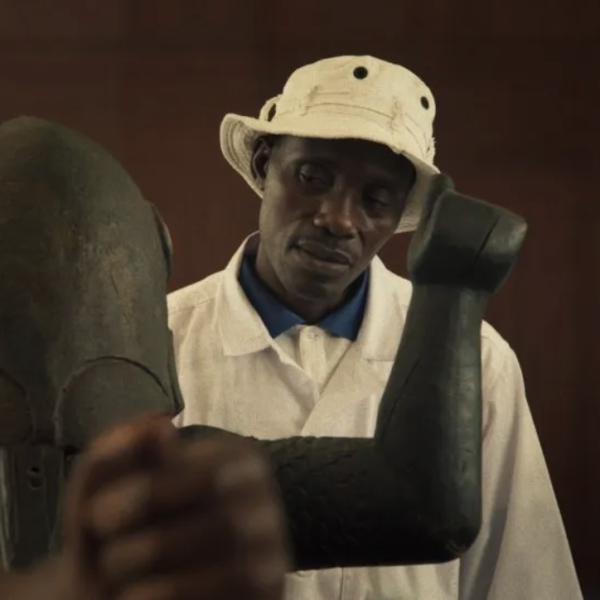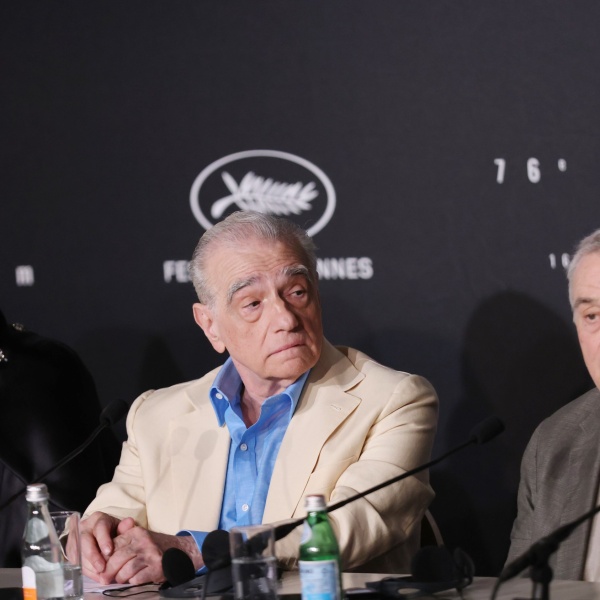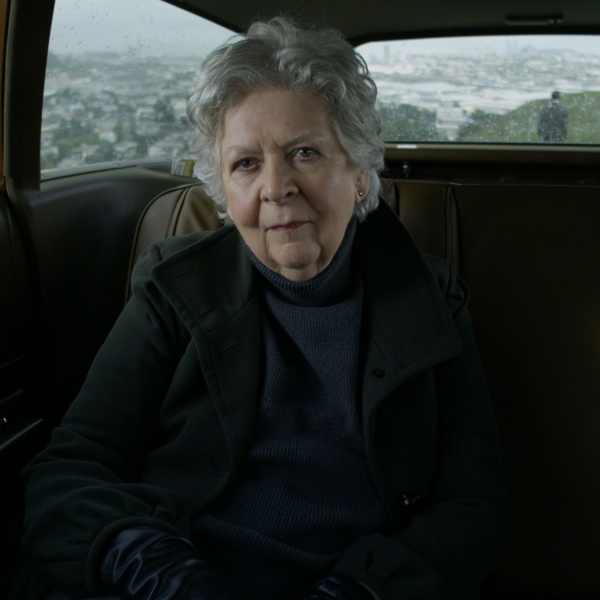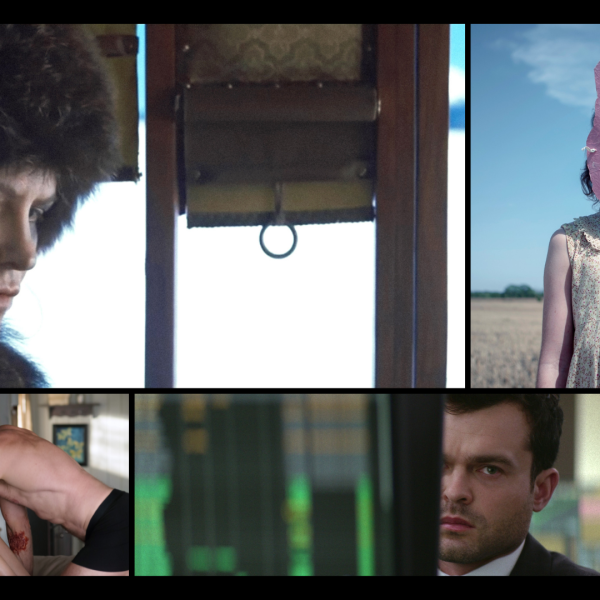
This is a reprint of our review from the 2011 Sundance Film Festival by correspondent James Rocchi.
But before we get to that review. I just wanted to say something quick. I hoped to review this film this week and ran out of time. No need though. We have a solid review from James Rocchi that we can reprint and you can read below. So the point of this? Not much. I would go a little higher on the grade, B+ for sure, but James touches upon everything quite well (especially a certain faction of people that could be too ready to dismiss the picture). I suppose I just feel a little bit more passionate about this film. There’s a reason Paramount scooped this up at Sundance for a pretty little penny — when was the last time that studio acquired something instead of just developing stuff in house? And there’s a reason the film won the Grand Jury Prize and its terrific lead Felicity Jones took a Special Jury prize (and over Elizabeth Olsen, no less, who was earning raves for her performance in “Martha Marcy May Marlene”). And I suspect that James grade is such because, as he says, the film doesn’t reinvent the wheel, and you have seen this story before. But based on its burning-brightly convictions and its execution, “Like Crazy,” is an A-grade passion play that transports you right back to those early days of 20-something love when you did make foolish, irrational decisions — because you really didn’t know better (and or you just felt something so damn deeply, you didn’t care). It’s honestly observed, the soundtrack is killer (especially Dustin O’Halloran‘s piano instrumentals which I had thought was score specfically written for the film), the performances and (often the unspoken moments) are deeply affecting and it’s just an accurate depiction of that woozy, punch-drunk feeling you’ve felt maybe once or twice in your life that has simply knocked you off your feet. This is a long-winded way of the editor-in-chief of this site saying: I strongly encourage you to see this film. It’s not perfect, but as Sloan tried to articulate about passion over imperfections (and Canadian Rocchi might agree): “the point is not the grammar, it’s the feeling.”
—-
There is nothing wrong with a familiar tale, as long as that tale is well told. So it is with “Like Crazy,” director Drake Doremus‘ chronicle of young love between Jacob (Anton Yelchin), a young design student and Anna (Felicity Jones), a journalism student from Britain. Jacob and Anna meet in University; she pursues him. Dates become a relationship; a relationship becomes a challenge; that challenge becomes….an obsession? A necessity? Many romantic dramas revolve around the principle that love conquers all; when “Like Crazy” excels, it is because Doremus and his actors know, and convey, how that conquest will not necessarily be particularly kind or easy.

The glib will dismiss “Like Crazy” as “2000 Days of Bummer” or as “Light Blue Valentine” or as yet another indie film in which small moments captured by a small crew, with emotionally raw performances are the low-budget, low-fi equivalent of high-tech special effects. But while all of the elements of “Like Crazy” are familiar — montage, crisis, deft camera tricks conveying the weeks and months of love in a few split seconds — they are all executed with surprising skill and ability by Doremus and his crew, most notably editor Jonathan Alberts.
Of course, in a film like this the performances are the be-all and end-all, and Yelchin and Jones are both charming natural screen presences with the focus and commitment of real actors. “Like Crazy” was built from a 50-page outline, shot after two weeks of rehearsal, and while the leads are given plenty of room to express their characters in dialogue, they also convey moments and moods with silence and expression. Doremus clearly shot with a small crew — many scenes clearly have the messy energy that comes of being shot without a permit, while another scene depicting a heated argument sees Jones hidden from our view behind a wall, a decision probably inspired by close quarters on the set that actually enhances the claustrophobic air of miscommunication in the scene.
There are one or two moments in “Like Crazy” that will strike you as either heart-wrenchingly poignant or head-slopingly clueless, depending on your capacity to recall the force and fury of young love. When Anna decides to stay with Jacob — and thus over-stay her visa, imperiling her immigration status — many will groan, roll their eyes and ask “How could you do that?”; others will smile, remember their own pasts and ask “How could you not?”
While Jones and Yelchin are the center of the story, there is an excellent supporting cast around the couple. Alex Kingston and Oliver Muirhead are Jones’ parents — British, open, charming, clueless — while Jennifer Lawrence and Charlie Bewley play the partners Yelchin and Jones briefly take up with when they cannot be together; while neither has much screen time, they make strong impressions in their moments.
Doremus was previously at Sundance with “Douchebag,” and returns with “Like Crazy” one year later, and while his work ethic is swift, it is not rushed; “Like Crazy” has substantively more visual gleam and gloss than many of its peers, which may or may not be considered in its favor depending on your personal beliefs about the correct calibration of the ratio between ugliness and authenticity. Director of Photography John Guleserian does exemplary work with what had to be limited resources, in close quarters during a short period of time. Jonathan Alberts’ editing turns what must have been a mass of footage that depicts the passage of years into a graceful, gliding 90-minute film whose cuts and kaleidoscopic shifts never feel fractured or jagged.
Paramount purchased “Like Crazy” for $4 million — far more than it cost, and probably not that much less than it will wind up making. “Like Crazy” lacks the bold sweep and scale and intellectually fierce ideas of other dramas playing here; it lacks the raw, rough intensity of other Sundance romances like “Blue Valentine” or “The Freebie” or “Peter and Vandy.” But its heart does not come at the expense of intelligence, and its swiftness and grace are never shallow or glib. “Like Crazy” does nothing new, but what it does, it does extraordinarily enough to stand out. [B-] — James Rocchi.







